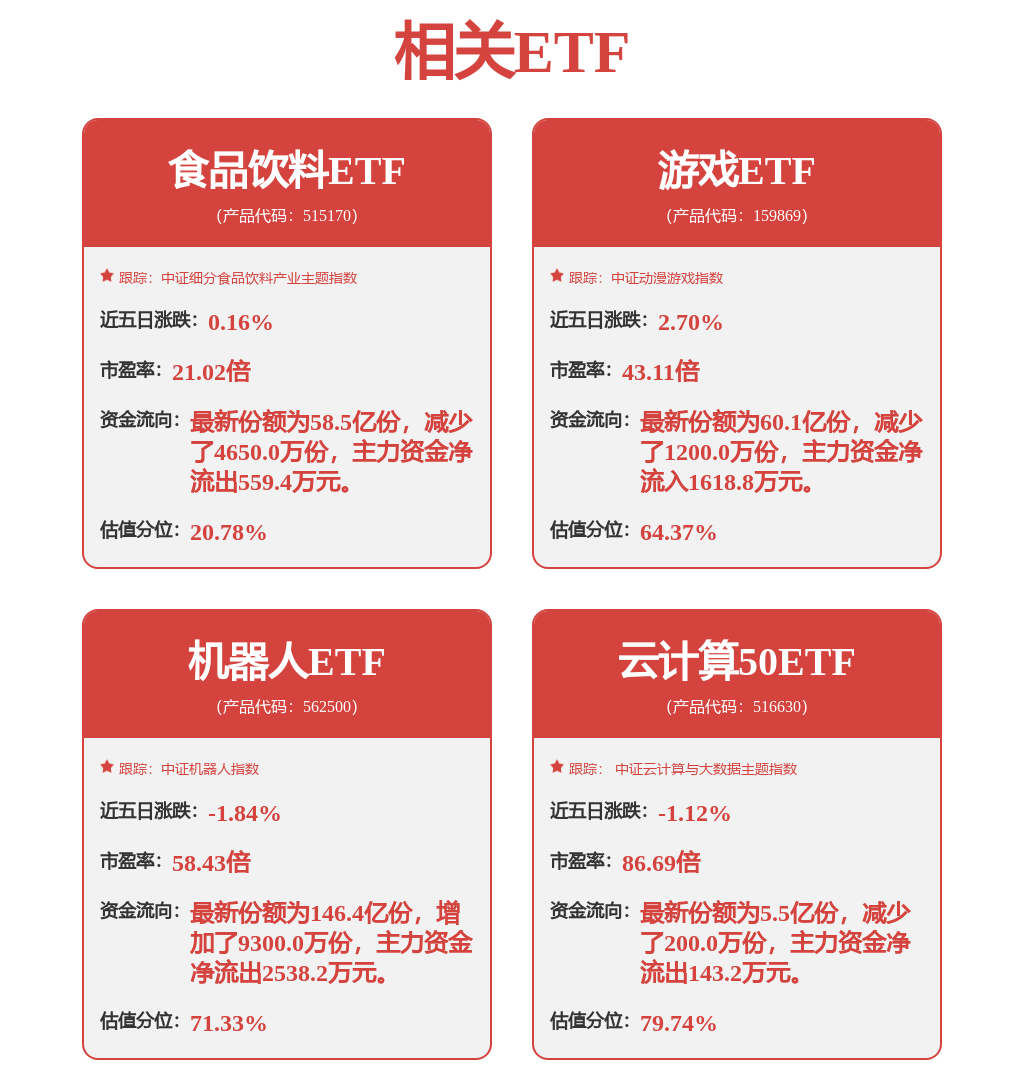Japanese shares reverse course, skid ahead of weekend vote
SYDNEY (Reuters) - Japanese shares skidded from a two-month peak on Friday in a sudden reversal sparked by profit-taking ahead of a weekend election that should see Prime Minister Shinzo Abe gain control of the upper house of parliament.
There are worries that a big victory for Abe would allow him to prioritize nationalist policies at the expense of painful structural reform, though markets are hopeful such an outcome will not materialize.
Tokyo's Nikkei slid 1.1 percent, having swung from gains of more than 1 percent to a fall of 2.7 percent. It was still up 1 percent for the week.
Traders said profit-taking by some large players pushed the index negative, which then tripped large sales of stock futures that fuelled the selloff. Thin conditions in the market exaggerated the moves.
"A lot of potential good election news has been priced in, so people are coming in to sell futures, probably hedging some upside," said a senior trader at a foreign bank in Tokyo.
Markets across Asia were also softer, but far less volatile.
MSCI's broadest index of Asia-Pacific shares outside Japan slipped 0.4 percent, with South Korea's KOSPI and Australia's ASX 200 index both 0.5 percent lower. Hong Kong's Hang Seng index shed 0.4 percent.
Japan's ruling Liberal Democratic Party (LDP) and its New Komeito Party (NKP) coalition partner are expected to win resoundingly at Sunday's upper house election.
"The outcome from this weekend's upper house elections will help determine the ability of the Abe administration to deliver on structural reforms and its long-term growth strategy," Barclays Capital analysts wrote in a report.
"If the LDP-NKP coalition wins control of the upper house and receives a decent mandate for reform, we would remain comfortable with our USD/JPY forecast profile of 103 in 3 months and 105 in 12 months."
Friday's sudden pullback in the Nikkei led investors to quickly unwind short yen positions, helping the Japanese currency bounce off lows.
That saw the dollar fall back to 100.36, from a one-week high of 100.86. The euro slipped to 131.55 from a seven-week high of 132.10 yen.
Against the dollar, the euro was little changed at $1.3107, having retreated from this week's peak around $1.3179.
Investors are also keeping an eye on a G20 meeting of central bankers and finance ministers taking place in Moscow, looking for reassurance as China rebalances its economy and the Federal Reserve looks to reduce stimulus.
Fed Chairman Ben Bernanke said this week the U.S. central bank still expects to start scaling back its massive bond purchase program later this year, yet he kept the option of changing that plan if the economic outlook were to deteriorate.
Latest data on the U.S. economy suggested the recovery was on track, with factory activity in the Mid-Atlantic region picking up in early July, while new claims for jobless benefits fell last week.
Bernanke told the Senate Banking Committee on Thursday it was too soon to judge if recent "mixed" signals from the U.S. economy would prompt the central bank to delay plans to trim its bond buying this year.
His pledge to be flexible soothed global financial markets this week and helped drive Wall Street to record closing highs.
Commodity markets also took heart, with copper recovering from a one-week trough to $6,935 a tonne, while gold bounced to $1,285 an ounce from this week's low of $1,270.41.
U.S. crude held near 16-month highs above $108 a barrel, further underpinned by signs of a stronger U.S. economy.
(Additional reporting Dominic Lau and Haruya Ida in Tokyo; Editing by Eric Meijer and Richard Borsuk)
(c) Copyright Thomson Reuters 2013. Check for restrictions at: http://http://www.zjjv.com///fulllegal.asp




